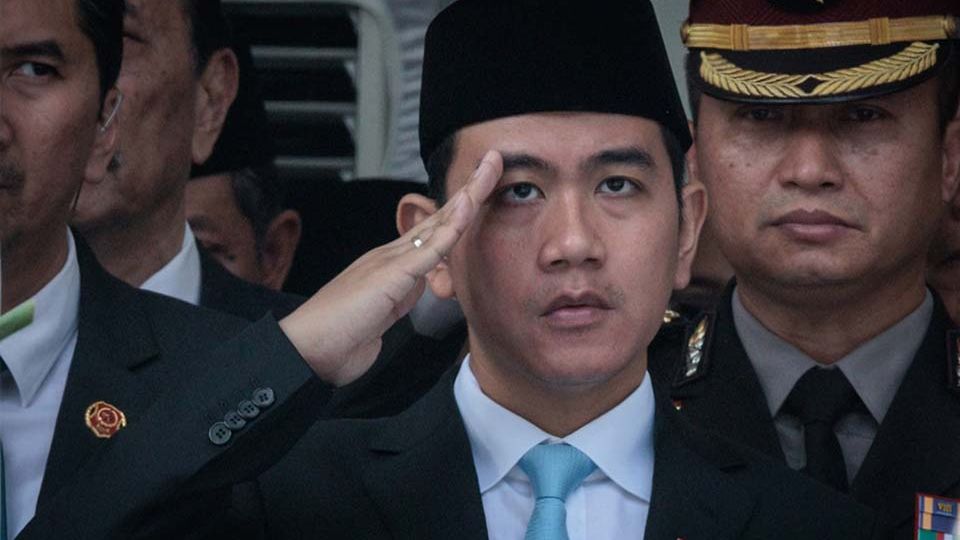July 22, 2025
JAKARTA – The administration has changed seven times since Papua’s official integration into the Republic in 1969, but the old stories of poverty, marginalization and human rights abuses plaguing the natural resource-rich land have remained the same. While previous governments proved unable to offer a lasting solution to the Papua issue, President Prabowo has charged his novice deputy, Gibran Rakabuming Raka, to make a difference.
Coordinating Law, Human Rights, Immigration and Correctional Services Minister Yusril Ihza Mahendra said recently the President has decided to assign the Vice President to spearhead acceleration of development in Papua. To implement the agenda, Gibran will lead a special body mandated by the 2021 Papua Special Autonomy Law.
Speculation was rife that the Vice President would be required to work directly in Papua, effectively sidelining him from daily political dynamics in Jakarta. However, Yusril clarified that Gibran will not be stationed in Papua. Instead, only staff of the Special Agency for the Acceleration of Development of Special Autonomy for Papua will be based in the region, with the Vice President overseeing the efforts remotely.
Gibran’s mandate comes on the heels of mounting pressures from a group of retired military generals, many of them were Prabowo supporters in the 2014 and 2019 elections, for the House of Representatives to initiate a move to impeach the Vice President, citing his legally flawed nomination as Prabowo’s running mate in the 2024 election. The Constitutional Court changed the age limits for presidential and vice presidential candidates just to give Gibran, the eldest son of then-president Joko “Jokowi” Widodo, a shot. The court justices were later found guilty of code of ethics violations.
While Prabowo is unlikely to support the motion, rumors of cracks between him and Gibran have spread since old posts from an account allegedly linked to Gibran between 2013 and 2019 surfaced on social media last year. Many of the posts contained insults and inappropriate remarks directed at Prabowo, who back then fought against Jokowi for presidency.
In fact, since taking office in October last year, President Prabowo has not clearly specified what he will delegate to his Vice President, who is constitutionally the second man in command of the state. Many believe the Papua stint will be the first major opportunity for Gibran to prove his doubters wrong.
However, the central question about the government’s new Papua initiative is not regarding Gibran’s presumed inadequacy. Previous vice presidents received the same mandate, but the problems characterizing Papua have continued unabated. The formation of a new agency that Gibran will oversee repeats the old top-down approach that has proven to be a failure.
It remains unclear whether the government has conducted meaningful public consultation involving various groups and tribes that have long been inhabiting Papua before it came up with the new body, which will focus on accelerating development in Papua.
The emphasis on development, too, is a simplification of the deeply rooted and complex history of injustice and underdevelopment in the region. Major infrastructure works were built during the Jokowi administration to fuel the local economy, but provinces in Papua remain the poorest in the country.
A significant amount of special autonomy funds has been allocated to Papua, yet they do not translate into improvement of Papuan people’s well-being. Corruption and misuse of these funds are believed to be rampant, thanks in part to the central government’s weak supervision.
Following the formation of new provinces, a move resembling the colonial divide and conquer strategy, the promises of quicker delivery of public services have largely been unfulfilled. Sporadic armed conflicts victimizing civilians remain, but popular yearning for peace in Papua appears elusive as the government keeps its security approach intact.
Without adequately addressing the fundamental problems of historical injustice, Papua will remain a burning issue. We can give Gibran the benefit of the doubt, but only if he convinces President Prabowo to pursue a humane and dignified path toward peace and welfare in Papua.


